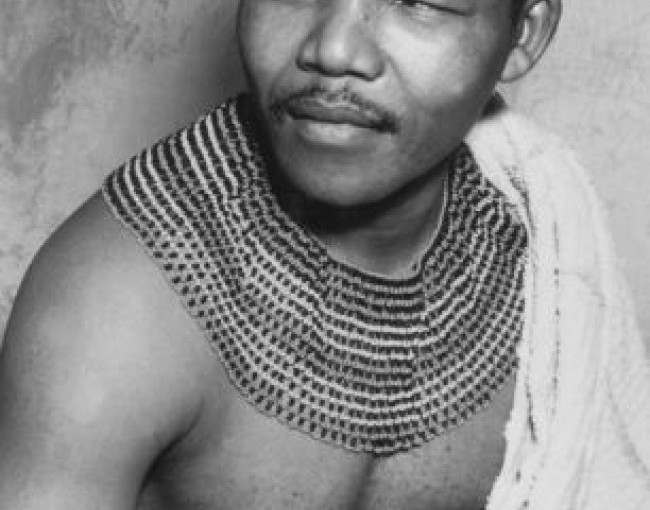While colourism extends to many cultures, this post will focus on colourism within the black (of African descent) community
That Tweet (and all the others that have come before it)
A few days ago, another anti-dark skin black girl tweet from 2012 resurfaced. UK TV personality, Maya Jama (a teenager at the time) girlfriend to Stormzy (a British-Ghanaian), one of the biggest grime artists in the UK, was exposed for tweeting this tweet – a quote from a comedian:

To top it off, Maya had to apologise twice because her initial apology was addressed to ‘all women’ and not specifically to dark skin black women.

Yes, Maya was young when she tweeted this quote from a comedian. However, black women have been brutalised physically and mentally for hundreds of years due to their skin tone, I don’t have sympathy for anyone who encourages this type of abuse (including the comedian who apparently said it initially).
Some were not best please with Maya Jama’s quoted tweet.


What also makes it worse is that, Maya has a black fan base and makes money from black culture (she hosted the UK MOBO awards last year). Now she is not the only celebrity ‘of colour’ (apparently, she is of Somali/Swedish descent) that has allied with the abuse of dark skin black women, that is why this post is not about her, but a more pressing problem.
What’s funny about the Maya Jama tweet from 2012 is that, AFRICAN women have been shaving their heads for decades! So, it’s funny that some believe dark skin black women should not wear a hairstyle that has been passed down the generations!
Colourism
The negative connotations that come with having darker skin (especially as a woman) are palpable.
Stemming from slavery and colonisation the roots of colourism run deep, along with the global narrative that lighter skin (especially for women) = beauty, this isn’t a light-hearted issue and like racism ignites similar emotions.
What’s depressing about this whole colourism issue is that it’s perpetuated by US! Yes, black people. If black people abuse dark skin black women, then the flood gates are open for others to do the same, thinking it’s totally acceptable behaviour. The psychological abuse of dark skin black must stop, and this must start within the black community.
Slavery and colonisation were strategic in their psychological carving away of black self-worth. Many black people have internalised and perpetuate this self-hate as a fierce emotional a weapon.

It’s been noted on Twitter that celebrities who get the most attention for speaking out against racial discrimination have a ‘similar look’. Like Beyoncé (who is an amazing singer – #beychella), the perception is they are the ‘acceptable (more palatable) faces of black’.
Actress, Zendaya recently admitted that ‘light skin privilege’ within the black community does exist, when many choose to be coy about the subject. Zendaya frequently speaks about racial disparities and is applauded for doing so. However, If someone of a darker hue, e.g. Serena Williams were to do the same, more often than not would be crowned with the ‘angry black woman’ slur.
It’s about time we have honest conversations, acknowledging the ‘light skin privilege’ many black and mixed-race people posses. Allowing dark skin women to say how they feel, without being dismissed as jealous and angry of their light skin counterparts is important too.
“Unfortunately, I have a bit of a privilege compared to my darker sisters and brothers”.
“Can I honestly say that I’ve had to face the same racism and struggles as a woman with darker skin? No, I cannot.” – Zendaya in a 2016 Cosmopolitan interview
Even in the black entertainment industry the bias towards dark skin black women is evident. This beauty legacy, means that ‘the struggle’ is harder for dark skin black women. Along with everything else that was great about Black Panther, the concept of having a dark skin love interest (one which had a darker complexion than her male protagonist), played by Lupita N’yongo is not something we are used to, even in 2018.

As confident as she is now, Lupita had insecurities about being dark skin (and was mocked about it by a black NBA star last year). The perpetuation of colourism is equivalent to ‘black on black crime’.
So, what are we going to do about colourism?
Is representation enough?
Having powerful gate keepers like Shonda Rhimes, has given us characters like Anaalise Keating in ‘How to get Away with Murder’, played by Viola Davis. Nate Moore who works for Marvel Studios was instrumental in placing the Dora Milage via Black Panther on the big screen, which definitely had a billion-dollar impact! Despite this (and other exposures of dark skin black women) and hundreds of years post slavery, I’m still here in 2018 writing a post about colourism!

Maybe we need more representation in our local communities, professional and creative industries? But I’m not sure if this will shift the negative narrative around dark skin black women either. Are these perceptions actually changing? It’s hard to overcome the battle of the mind and like most psychological illnesses, I guess colourism requires some sort of ‘therapy’. The first step in this process is to admit there is a problem, so maybe we start there?
Any other suggestions on how we can move past colourism? Comment below.
Ad+s Diaspora Blog
Snippets of an African legacy
*
*
Twitter: @adsdiaspora
Instagram:@ads_diaspora
www.pinterest.co.uk/adsdiaspora
Google +: plus.google.com/+AdsDiaspora
Featured image credits: Maya Jama (Metro), all others (Instagram). Post: Instagram and Twitter.



